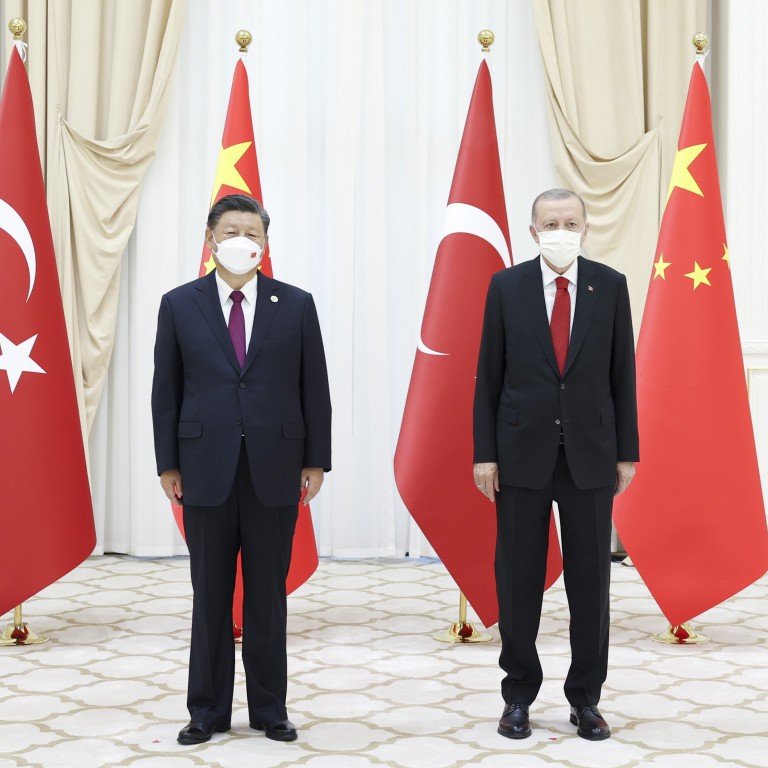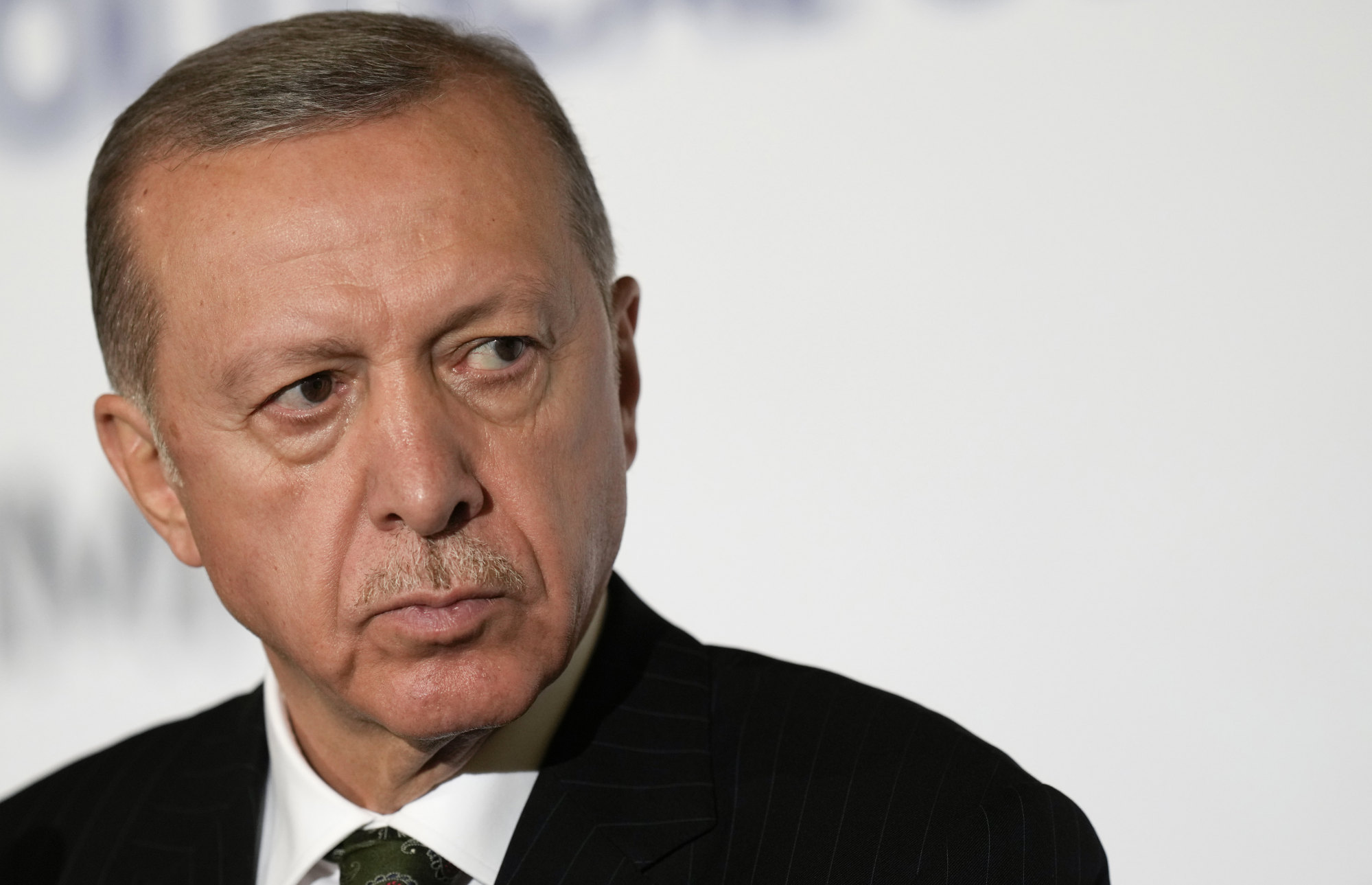
Why closer China-Türkiye ties could be on the cards
- Beijing and Ankara have been strategic partners for years, with Türkiye serving as a key node on one of China’s Belt and Road trade routes
- Diverging attitudes towards the Middle East kept them from upgrading relations, but that may be about to change
Emphasising their similarities as developing countries and emerging markets, President Xi Jinping said China was ready to elevate the strategic partnership between the two countries, established in 2010, to a higher level. His words were echoed by Turkish President Recep Tayyip Erdogan.
Are there grounds for raising bilateral relations to a higher level?
China, while adhering to a non-alignment policy since 1982, has gradually made partnership diplomacy part of its foreign policy in the post-Cold War period. The number of such partnerships began to increase more rapidly in the 2000s, and even more significantly after Xi became head of state in 2013.
There is a hierarchy within partnership diplomacy; one study has noted 24 different partnership types. More broadly, however, there are three levels. From high to low, these are: the comprehensive strategic partnership, the strategic partnership and other partnerships. If China were to upgrade its relations with Türkiye, it would mean the establishment of a comprehensive strategic partnership.
The value of bilateral trade between the two countries has been increasing. In 2021, it reached a high of US$35.9 billion. China is now Türkiye’s second largest foreign trading partner.
Despite this, more than a decade after the two countries signed a strategic cooperation agreement, relations have remained at the same level. One of the main reasons for this has been a divergence in the two countries’ policies towards the Middle East.
China has comprehensive strategic partnerships with the leading countries of the region, including with Egypt since 2014, with Saudi Arabia since 2016 and with the United Arab Emirates since 2018. It signed a partnership agreement with Iran last year. During this period, China would have evaluated that establishing a deeper relationship with Türkiye would not bode well for its relations with these regional partners.

Thus, new conditions have emerged for the establishment of a comprehensive strategic partnership between Türkiye and China.
Closer relations can create a win-win situation for both countries. However, the asymmetry in favour of China in bilateral trade needs to addressed. Considering the economic difficulties Türkiye has been experiencing of late, it could benefit from cooperation with China on tourism in the post-pandemic period.
With such scope for economic cooperation and potential benefits on both sides, an upgrade in relations looks increasingly likely for Beijing and Ankara.
Oktay Kucukdegirmenci is a PhD candidate in the department of international politics in Shandong University. His research interests are China and Japan’s foreign policy, Sino-Japanese relations and Cold War history.

